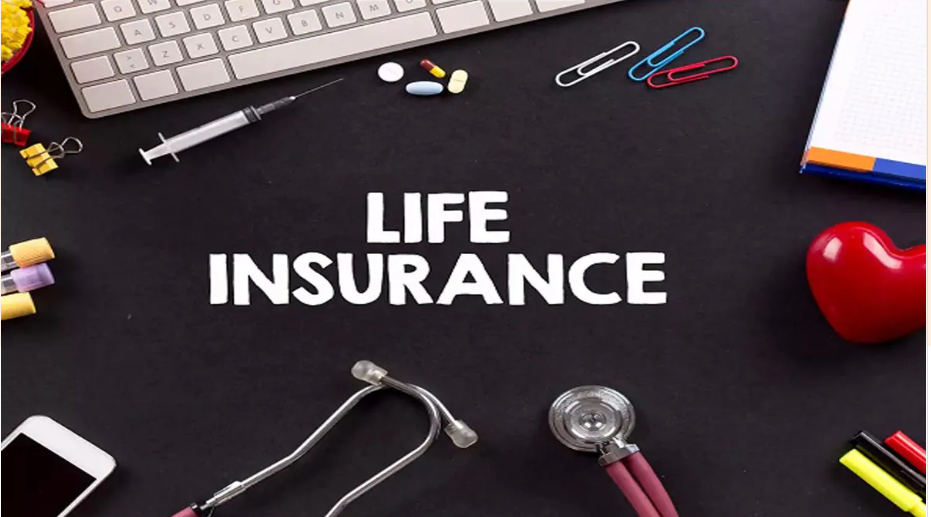
Today, as it is so easy to find writing-correcting software, they have been welcomed by authors, students, and various professional individuals such as teachers. Basic Patch editor’s milestones in their correcting: Miswriting, spelling, grouting, and any other problem that prevents meaningful communication from the writing. However, as with any technology, ethical concerns come into play when relying on grammar checkers. This article discusses the key ethical considerations of using grammar checkers and influences both writing and communication.
The Role of Grammar Checkers in Modern Writing
Initially, grammar checkers were only available to fix literal errors but nowadays, they are cultured apps that analyze the writing to make suggestions on styles, clarity, and even the tone of the content. Trinka AI, however, is more focused on improving technical and academic writing and hence offers better corrections. And of course the ability of these tools to increase the quality of the content in a time lower than usually used and with fewer.
Plagiarism and Originality Concerns
One of the most well-known ethical problems related to using grammar checkers is plagiarism. Although most grammar checkers do not actively hire in detecting or promote plagiarism, the over-reliance on such tools may inadvertently encourage users to take shortcuts.
Writers may accept suggestions without critically analyzing whether the changes align with their voice or message. This can result in content that feels generic or impersonal, diluting originality. Overuse of suggestions could also be seen as a form of forced plagiarism since the ideas and structures are no longer entirely the writer’s.
Retaining Authenticity in Writing
This problem, however, may be approached by following complete commitment to the first draft. Such tools should serve to enhance referencing and not become an option for writing drafts. The hum of machines with refined capabilities may forestall creativity in the writing of its users.
Dependency on Technology
Another ethical issue discusses grammar checkers which may induce people’s dependency. Over-depending on AI mechanism systems to enhance grammatical or any form of writing could be detrimental to self-correction. This dependency could result in a reduced level of grammatical capacity over time.
The fast and convenient nature of grammar-checking tools might make users lazy and decrease their ability to analyze language and structures. However, this may also be true and relevant to students and learners who are not native speakers. Such dependency might be harmful to the learning and addition of language rules.
Balancing Technology and Skill Development
As much as grammar checkers exist, writers should still make every effort to cultivate their language competency. There is a great need to regard grammar-checking tools as additional made rather than a supported turn. For example, in analyzing Trinka AI points out the learned rules of those users but should not be a replacement for a proper understanding of the grammar rules.
The Future of Grammar Checkers and Ethical Responsibility
With the improved development of grammar checkers such as Trinka AI, it is expected that ethical issues associated with their applications will also escalate. Innovations in AI may provide even more advanced editing applications but this consternation will continue. The future of these tools is in their ability to be used ethically not working against the writing process but enhancing it.
Ethical AI in Language Tools
The users including especially the writers of posted materials are also subjects and targets of the ethics related to the development of the grammar checkers. In enhancing the content writing tool Trinka AI, proper practices for the promotion of the products, protecting user data, and limiting non-ethical uses of the tool have to be employed. Writers and users of various writing tools including grammatically correct ones need to be aware of the ethical issues and how to deal with them to protect the quality of writing.
Privacy and Data Security
The increasing use of Artificial intelligence-based grammar checker tools and their advantages do not exclude the fact that they are not without limitations on factors such as protection of data privacy and data security. Boasting a range of grammar-checking tools, Subt we do not gain secure information from any of the texts. Trinka AI or other tools process a large amount of text that may include non-public information, internal documents, trade secrets, and other sensitive information a great majority of them are protected by law.
In this regard, users are encouraged to be conscious of the exposure involved in uploading their work on cloud-based services. Leaks or wrong applications of textual data is a clear issue that has to be addressed about user understanding of the standard operating procedures for grammar checkers.
Data Security Measures
Users should check the privacy policies when using any grammar checker tools including Trinka AI. Acceptable security has to be ensured before any data is collected. These tools should be used responsibly with an understanding of where the data will be routed and stored.
Impact on Academic Integrity
Just like spell checkers, students have learned to appreciate online grammar checkers for the enhancement of their essays, reports, and any academic papers written. This, however, raises a few ethical issues concerning the profession of academic integrity. Schools require students to submit assignments in their own words rather than using third parties who may offer grammar advice. This sort of attitude skirts the line between honest editing and unethical help.
Responsible Use in Academics
When academic writing, both students and educators face a challenge in finding the equilibrium between ethical help and dependency. Tools such as Trinka AI grammar checkers ought only to assist during the editing stage within reasonable boundaries that do not do for the student any substantive content. There is also a need to teach such writing tools in a way that does not substitute for independent writing practice.




